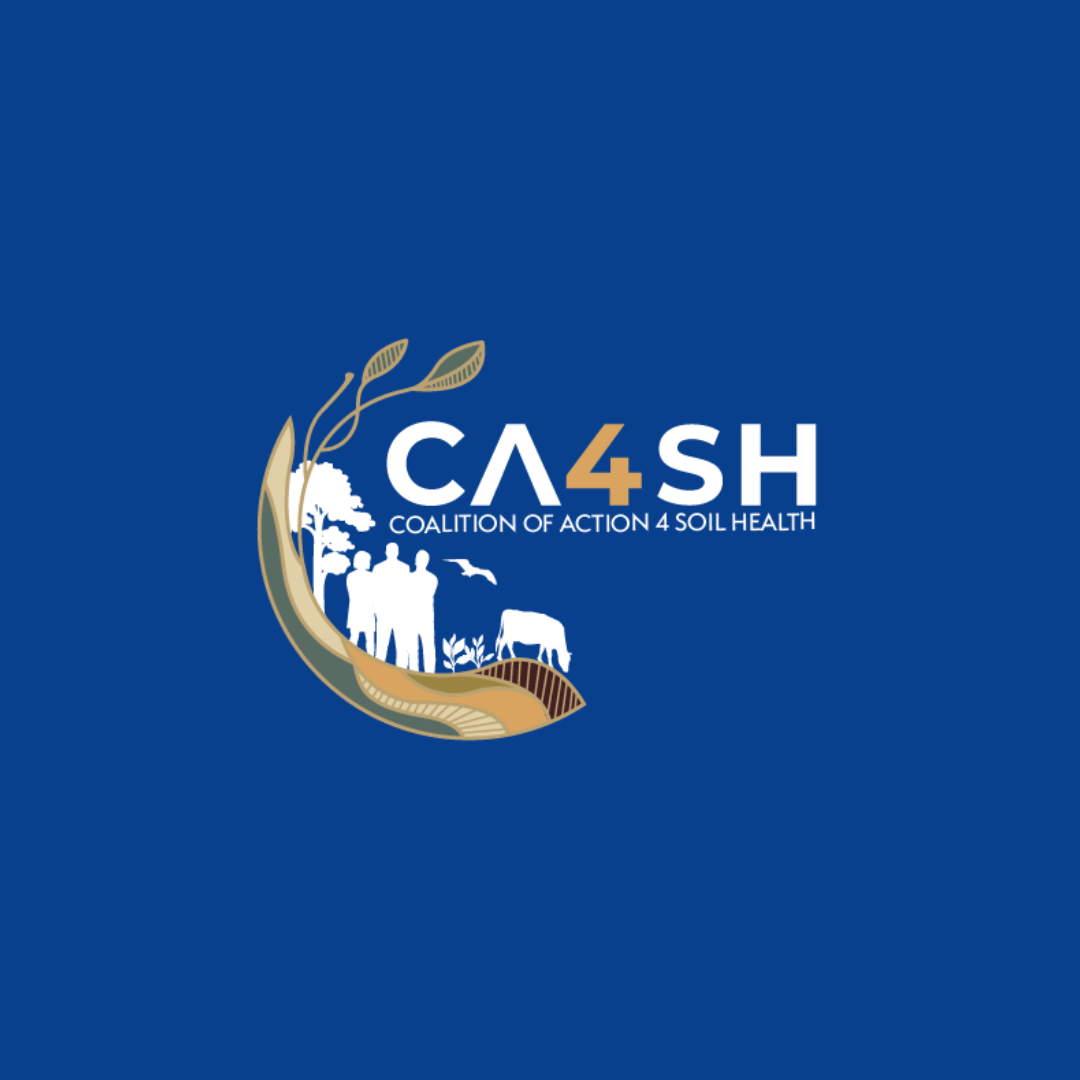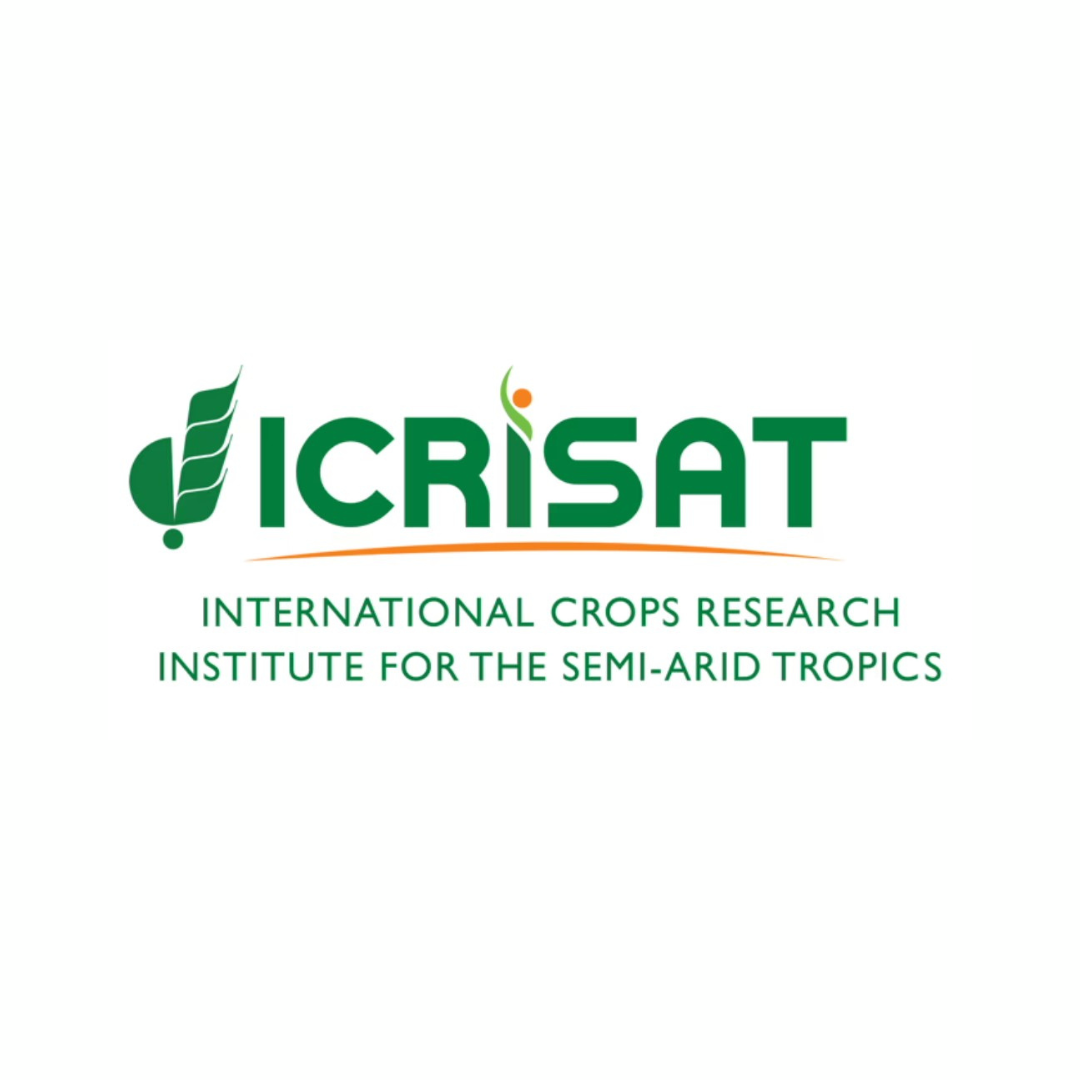Fungal Resistance in Wheat: Biodiversity & Food Security
CIMMYT played a key role in advancing research on yellow rust resistance by supporting field trials in Mexico and providing access to its extensive collection of traditional wheat varieties. Through its collaboration with the University of Zurich and Kyoto University, CIMMYT contributed to the identification of novel genetic regions in Asian landraces that offer resistance to the destructive fungus. Its leadership in conserving one of the world’s largest wheat germplasm collections continues to be vital for global efforts to develop disease-resilient wheat and safeguard food security through biodiversity.
Read the full story.














